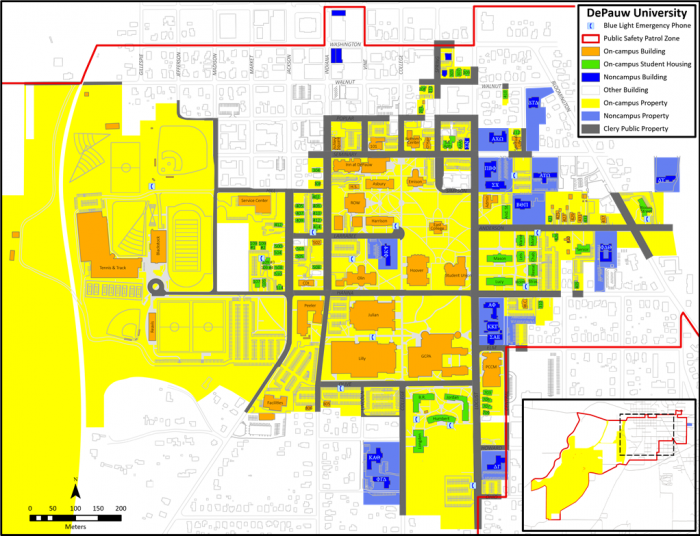Clery Act
Overview
The Clery Act requires colleges and universities to report campus crime data, support victims of violence, and publicly outline the policies and procedures established to improve campus safety.
Summary
The Jeanne Clery Disclosure of Campus Security Policy and Campus Crime Statistics Act—commonly known as the Clery Act—is a federal consumer protection law designed to ensure transparency around campus crime and safety policies.
To comply with the Clery Act, colleges and universities must understand the scope of the law, their responsibilities under it, and the steps necessary to maintain a safe campus environment.
You can access the full text of the Clery Act via the Federal Register here.
Requirements
Under the Clery Act, all colleges and universities receiving federal funding must:
-
Publish and distribute an Annual Security Report (ASR) to students and employees by October 1 each year.
-
Include campus crime statistics for the previous three calendar years.
-
Provide policy statements covering topics such as:
-
Crime reporting and response procedures
-
Campus facility access and security
-
Law enforcement authority and jurisdiction
-
Alcohol and drug policies
-
Prevention and response to sexual assault, dating or domestic violence, and stalking
-
-
Detail efforts and initiatives undertaken to enhance campus safety.
Crime Categories
Criminal Offenses
-
Criminal homicide (murder, non-negligent manslaughter, manslaughter by negligence)
-
Sexual assault (rape, fondling, incest, statutory rape)
-
Robbery
-
Aggravated assault
-
Burglary
-
Motor vehicle theft
-
Arson
Hate Crimes
Any of the above offenses motivated by bias, as well as:
-
Larceny-theft
-
Simple assault
-
Intimidation
-
Destruction/damage/vandalism of property
VAWA Offenses
-
Domestic violence
-
Dating violence
-
Stalking
Arrests and Referrals for Disciplinary Action
-
Weapons law violations
-
Drug abuse violations
-
Liquor law violations
Crime Reporting Geography
The Clery Act requires institutions to include statistics for crimes occurring in the following locations:
- On-campus (anywhere)
- On-campus student housing
- Public property within campus bounds
- Public property immediately adjacent to the campus
- Non-campus buildings and property owned or controlled by the organization that are used for educational purposes and frequently used by students but not a part of the core campus, or those owned or controlled by a student organization officially recognized by the institution.
Below you will find a map of the geographical area in which DePauw University is responsible for reporting crimes.

Daily Crime Log
The DePauw University Police Department maintains a Daily Crime Log, as required by the Clery Act. This log includes details such as:
-
Date and time of the reported crime
-
Nature of the offense
-
General location
-
Disposition of the case (if known)
Details may be withheld if disclosure would:
-
Violate the law or confidentiality of a victim
-
Jeopardize an individual’s safety or an ongoing investigation
-
Cause a suspect to flee or destroy evidence
The most recent 60 days of the crime log are available under the Crime and Fire Log tab. To view older logs, contact the DePauw University Police Department during normal business hours.
Contact Us
Public Safety

- (765) 658-5555
-
Harrison Hall
7 East Larabee Street
Greencastle, IN 46135